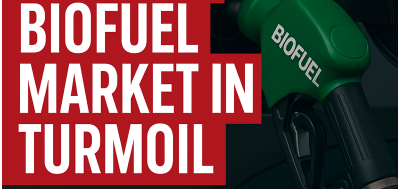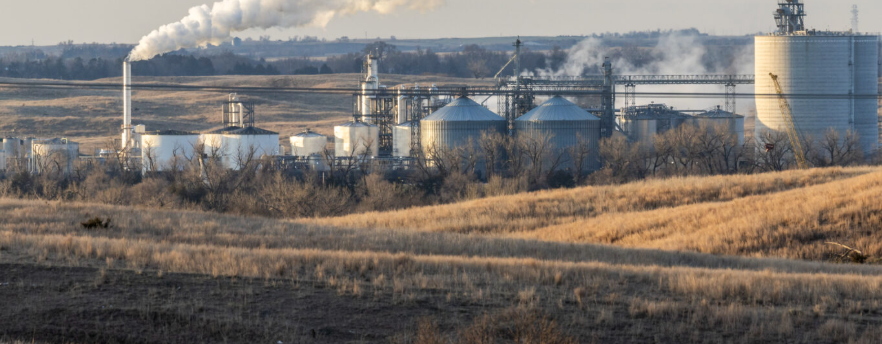
June 16, 2025
In Germany, following the withdrawal of ADAC from the GHG quota trading business at the end of the 2024 allocation year, another…

June 15, 2025
According to BNamericas, Argentina has introduced new regulations regarding the use of biofuels in maritime transport. Under a reform announced by the…

June 14, 2025
Driven by surging mandates for biomass-based diesel, the Trump administration on Friday proposed increasing the volume of biofuels that U.S. refineries must…

June 14, 2025
Shandong Port Qingdao Port Group Co., Ltd. (hereinafter referred to as “Shandong Port Qingdao Port”) announced on the 14th that at Berth…

June 11, 2025
On June 9, U.S. BioEnergy announced the signing of a memorandum of understanding with LP Building Solutions to establish a 20-year sustainable…

June 9, 2025
On June 4, Regional Container Lines Public Co. Ltd. (RCL), a well-known container shipping company in Thailand, formally signed a Memorandum of…

June 5, 2025
At the World Hydrogen Summit in Rotterdam, India’s AM Green signed a significant Memorandum of Understanding (MoU) with the Port of Rotterdam…

June 4, 2025
On May 26, the European Commission issued a Commission Notice clarifying the method for calculating the price difference between fossil jet fuel…

June 3, 2025
Honeywell and NTPC Green Energy, the green energy subsidiary of India’s National Power Corporation (NTPC), have formed a partnership to advance the…

June 3, 2025
The Indonesian government recently announced plans to promote the production and use of biodiesel B50, i.e. to increase the proportion of biofuel…










